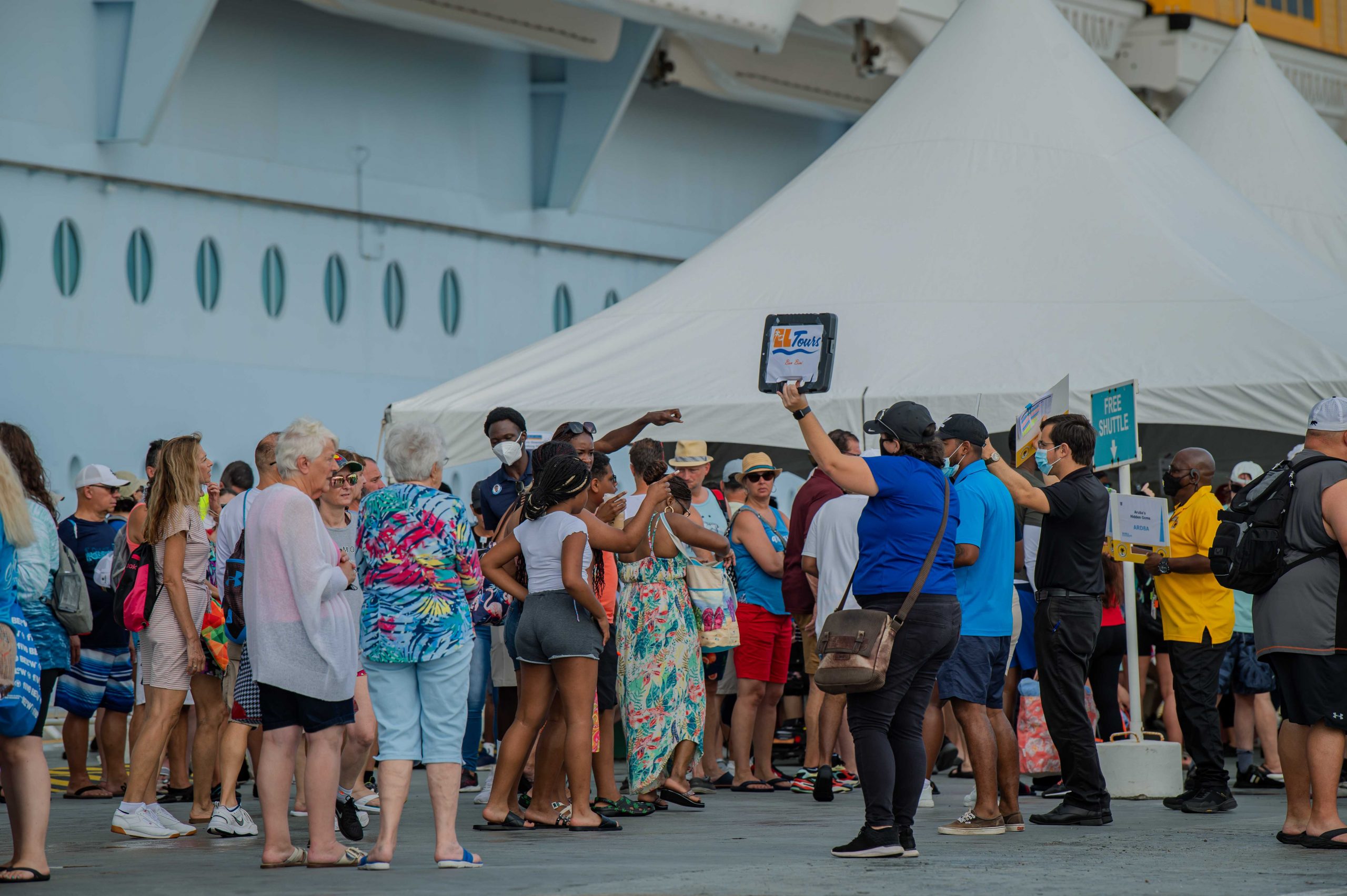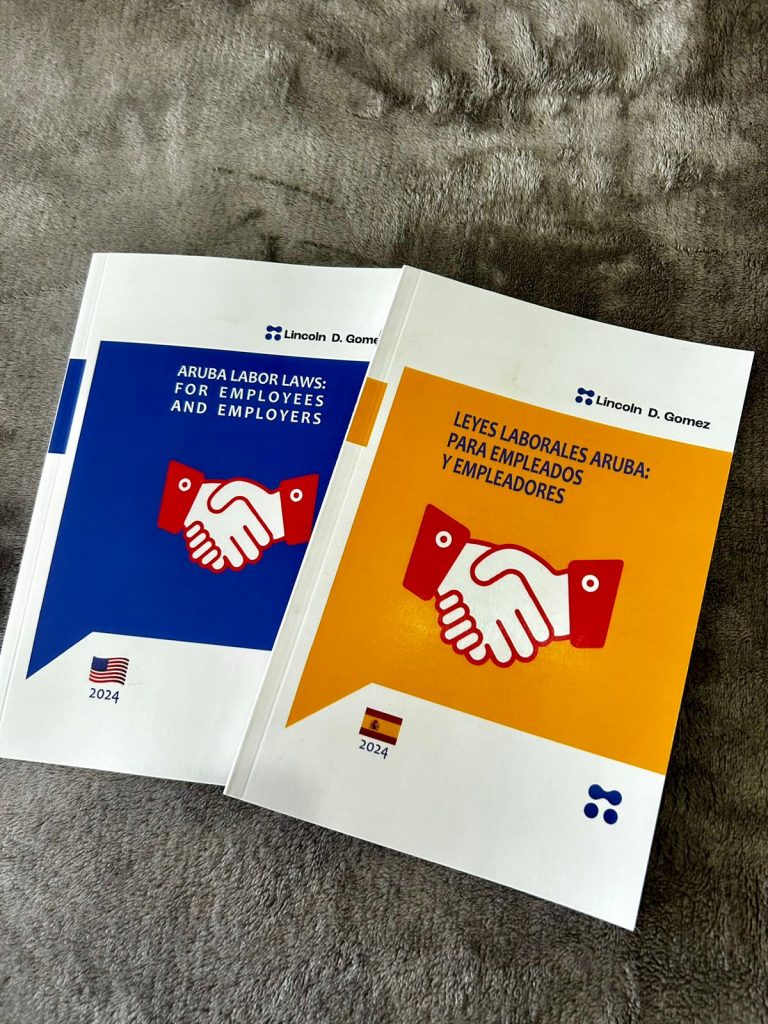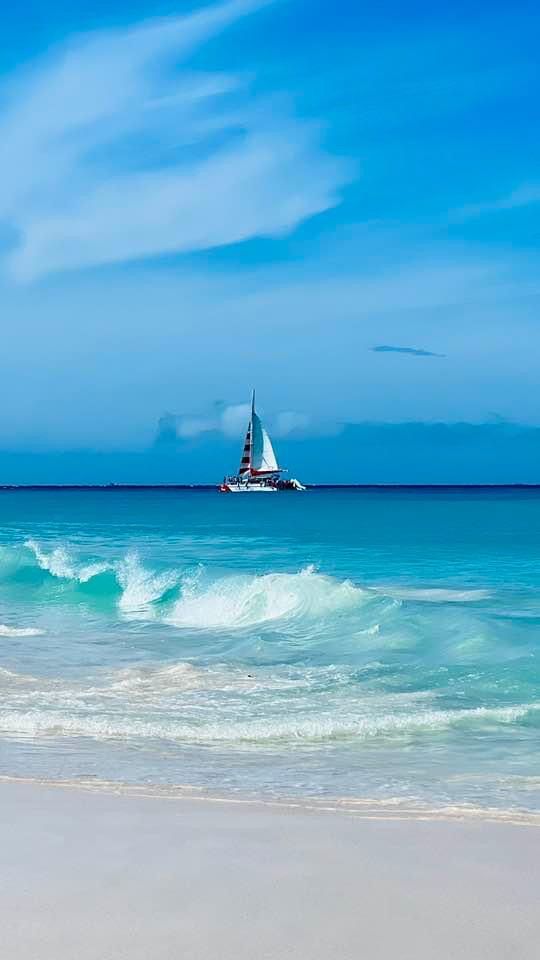Part 2: Why Aruba Should Consider Reducing Its Reliance on Cruise Ships. Reliance and not dependence.
Introduction
Part 1 of this series discussed the negative impacts of cruise ships on Aruba’s environment, local communities, and economy. As the island continues to develop its tourism industry, it is essential to consider more sustainable alternatives to relying solely on cruise ships. Some sustainable tourism experts and some active in tourism increasingly emphasize the importance of creating a tourism industry that benefits visitors and locals.
In Part 2, I will explore what Aruba can do instead of relying solely on cruise ships and how we can chart a more sustainable path for our tourism industry. By reducing our dependence on cruise ships, we can create a more sustainable and resilient tourism industry that better aligns with Aruba’s cultural and environmental values. This article will examine the benefits of reducing cruise ship traffic, promoting stay-over tourism, focusing on quality tourism, and preserving Aruba’s natural assets. By doing so, we can promote a more sustainable and responsible tourism industry that benefits visitors and locals alike.
Benefits of Reducing Cruise Ship Traffic in Aruba
Reducing the number of cruise ships in Aruba can have numerous benefits. One significant benefit is the reduction of carbon emissions, which contribute to climate change and pose a risk to public health. According to Friends of the Earth, a single cruise ship can emit as much pollution as millions of cars. If we are serious about climate change, despite our petiteness, we can make a difference by lowering the carbon emissions that cruise ships generate on the way to and from our port. This is a low-hanging fruit even before we start looking at the emissions we produce on the island. We import many things, but why would we want to continue to import carbon emissions and pollute our waters?
Infrastructure
The impact of cruise ship tourism on local communities and infrastructure is a concern. In Aruba, locals have expressed concern about the impact of cruise ships on the island’s resources. The government is set on developing the Port City project, a huge development of our ports. According to the GoA, the state-owned Aruba Ports Authority is set to spend over US$ 80M on public spaces, parking, and recreational areas. I am still determining if I can follow the logic of the state spending such a large amount on such a small surface area and not investing in our education, health, or waste management. Plus, I have seen no information or projection on how this development will impact existing businesses like retailers in the hotel area, Oranjestad and San Nicolas.
Ecosystem maintenance program
By reducing the impact of cruise ship traffic on the island’s fragile ecosystems, such as its beaches, mangroves, coral reefs, and national park.
Look at the numbers. If we assume that about 720,000 cruise ship tourists a year, that is an average of about 60,000 tourists a month that we expose our ecosystem to, contributing to nature’s wear ‘n tear. If you think this doesn’t sound like much, consider that that number is close to 60% of our population, and that will give you an idea of how much extra stress these visitors place on nature.
If we have learned one thing from the Covid-19 days, it is that during the lockdown, our ecosystem, both on land and in the sea, had an opportunity for Aruba to rest and naturally recover from the wear ‘n tear caused by unbalanced tourism. Nature came back stronger and better.
What if we came up with a schedule of maintenance for our ecosystem? Yes, I mean it. Why not make a schedule and say, for example, for six months, we close all the beaches between Tres Trapi and Arashi for the public (and tourists)? We give that area a break. Then we close the Natural Pool for six months for the public and limit the use of vehicles, ATVs, UTvs, and motorcycles within a certain radius of the Natural Pool. We do the same for Baby Beach and other locations on a rotating basis. Sure, some businesses will object, and some tourists will complain about not being able to visit a location that is “in maintenance”.
On the other hand, if we schedule these maintenance breaks, we are enhancing the quality of these natural resources and making the experience for those that visit when they are “back in service” even better and more desirable for visitors. While we do that, we “stretch” the life of our natural assets. The alternative would be equivalent to running your car without an oil change until it breaks down instead of servicing it regularly. The car we can change but not our natural resources.
Everybody benefits from such a program, and Aruba can show that we are serious about preserving our unique natural assets and promoting sustainable tourism practices. Perhaps we should open the dialogue on implementing an ecosystem maintenance program as part of our tourism strategy.
Hiking and biking trails
Aruba has long been known for its beaches and water activities. Promoting mountain biking and hiking as tourism activities could help diversify the types of tourists who visit us. Mountain biking is an adventure activity that can attract tourists seeking a more adrenaline-fueled experience or a casual ride in nature. By promoting mountain biking, Aruba could attract adventure tourists looking for a different and specific experience. Perhaps much like how Bonaire for years attracted divers to its waters. Mountain biking can be a sustainable tourism activity less dependent on natural resources such as beaches or marine life. By promoting mountain biking, Aruba could potentially reduce the impact of mass tourism on the environment and diversify its tourism offerings. I understand some work in this area is already taking place, and some new trails are already in use. I can’t wait to hit these trails with my trusted mountain bike. Businesses like FX Sports and Tri Bike Aruba are already catering to tourists looking for this type of outdoor experience and can grow even more if we mandate fewer motorized vehicles and more biking.
Considering the above, we can keep nature great by shifting from tours using abrasive motorized vehicles to creating (mountain) bikes and hiking trails. This way, our guests can enjoy nature and get a great experience out of it sustainably instead of revving up the engines of jeeps and UTVs/ATVs and leaving a path of destruction behind and calling that fun.
Promoting Stay-Over Tourism in Aruba
Stay-over tourists tend to stay longer and spend more money than cruise ship passengers, which can benefit the local economy. According to the Caribbean Tourism Organization, the average stay-over tourist spends over $1,700 per trip, while cruise passengers spend an average of $104 per day. While these numbers pulled from the Internet might not be exact to the dollar, it does show that the stay-over tourist generates far more revenue for the island than the cruise ships.
The hotel rooms are here already. We have a couple of thousand rooms coming up online in the next two to three years. We need to fix our infrastructure for these hotel rooms and align this with the airlift and expansion of the airport to maximize the occupancy of these hotel rooms. Suppose we implement a proper ecosystem maintenance program and focus on improving the quality of the experience for the tourist. In that case, we can maximize the occupancy, the rates, and the quality of the Aruba experience we offer these tourists. With these elements in place, we are even better positioned to break our reliance on cruise ships. I use “reliance” on purpose, not “dependence,” because Aruba does not need cruise liners. The cruise liners need Aruba! They need Aruba and all the perks and benefits that they can get out of Aruba to sell their cruises!
There is nothing to stop us today from limiting, restricting, and reducing the number of cruise ships visiting us.
Wastewater emergency
If we are to discuss an ecosystem maintenance program, we ought to pay special attention to our wastewater disposal problem. Every time a toilet is flushed in a hotel room, it pushes water plus the not-so-pleasant smelling content into the sewage system that ultimately ends up in the Bubali Plas, where the water is supposed to get processed. That water plant is old and needs to be appropriately maintained by the GoA. While I can spend a whole column on the subject, I saw this past week on the social media channels of tourists visiting Aruba the numerous complaints about the Bubali Plas stench affecting guests at places like Paradise Beach Villas and La Cabana. While these complaints may be one-off, we should not take this lightly and take steps to resolve the problem at its core. This resource and the potential damage to our ecosystem and tourism is too significant to leave in the hands of the GoA. The private sector can develop creative and practical solutions to clean up the mess and make it economically sustainable without the need for the GoA to sink more money into it.
Focusing on Quality Tourism
Focusing on quality tourism can benefit Aruba’s tourism industry in the long run. By prioritizing quality over quantity, we can attract visitors who pay a premium for high-quality experiences that align with their values. Quality tourism can also help us preserve Aruba’s cultural and natural assets by promoting sustainable practices and responsible tourism. For instance, destinations like Costa Rica, New Zealand, Bhutan, Norway, and New Zealand have successfully implemented quality and sustainable tourism strategies. In Aruba, we can explore partnerships with local businesses, promote sustainable tourism practices, and invest in sustainable infrastructure to create a unique and memorable experience for visitors. By focusing on quality tourism, Aruba can differentiate itself from other destinations and attract visitors seeking a more meaningful and sustainable tourism experience. Quality tourism can help increase revenue for the local economy and create more stable and long-term jobs in the tourism industry.
Concluding Remarks
As explored in this article, reducing our reliance on cruise ships, promoting stay-over tourism, and focusing on quality tourism can help us create a more sustainable and responsible tourism industry in Aruba. These strategies can benefit the environment and the economy while offering visitors a unique and authentic experience or higher value for their money. Instead of chasing mass cruise ship tourism, we should develop a “high value, low impact” policy.
However, these changes can only happen with a frank and open discussion among all community members, including tourism stakeholders, policymakers, and residents. By working together, we can develop a more equitable, responsible, and sustainable tourism industry that benefits all community members. I call upon all community members to engage in a healthy dialogue on this subject, explore the possibilities and limitations of our current tourism industry, and make a conscious choice for the future of Aruba.
As we envision a brighter and more sustainable future for our tourism industry, let us also consider our children’s and future generations’ needs. We have a choice to make, and we must act now to ensure a bright and sustainable future for our island and our community.
#YourFavoriteLAwyer #YourFavoriteColumnist
Image: Aruba Today














